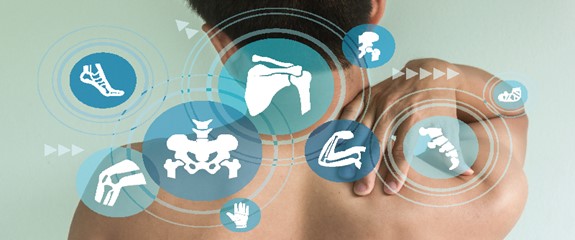
It is estimated that 28.8 million U.S. adults could benefit from using hearing aids; however, access and cost can be significant barriers to using these devices. In 2017, Congress set forth a process for establishing a new category of hearing aids to be available over the counter (OTC). Following a final ruling from FDA in October 2022, pharmacists must be ready to serve the millions of adults who will be seeking hearing loss solutions for the first time at the community pharmacy. This competency-based certificate program for OTC hearing aids will prepare you to help America hear better. This course is estimated to be a 3-hour commitment to learning more about hearing health care.
Activity type: Knowledge-based.
Modules Included

Comprehensive Pain Management certificate training program is designed to equip pharmacists with training on pain, pain management, and substance use disorder. In these core modules pharmacists will gain training in four domains that will cover clinical pharmacologic knowledge, tools for caring for patients in practice, various aspects of care for patients with substance use disorder, and the shifting landscape surrounding pain and opioids from a legal, regulatory, public health and payor perspective.
Target Audience: Pharmacists in all practice settings
CEUs: 2.0 or 20 contact hours of CPE credit
Modules Included
CU Anschutz
Pharmacy and Pharmaceutical Sciences Building
12850 East Montview Boulevard
Aurora, CO 80045
303-724-2882